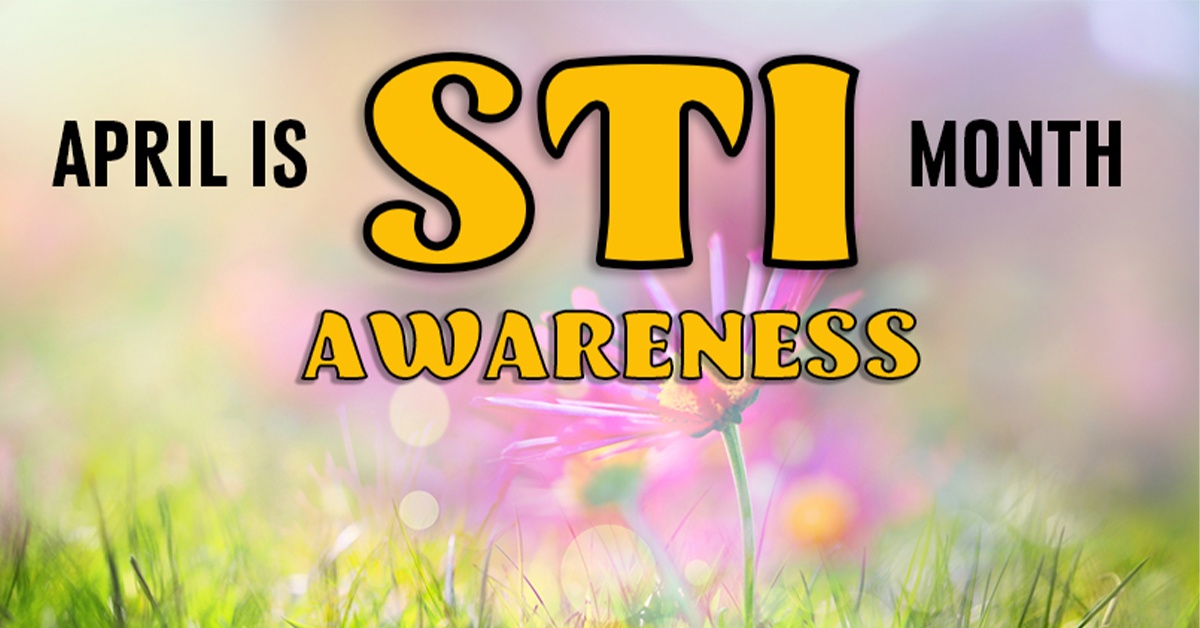Sexually Transmitted Infections – Frequently Asked Questions
Sexually transmitted infections (STIs) are common. According to the Centers for Disease Control, there are about 20 million new cases of STDs in the United States each year! It is important to get tested and treated for STIs to avoid the long term effects of an untreated infection. The good news is, most STIs are curable and all are treatable.
What are sexually transmitted infections (STIs)?
Sexually transmitted infections, also called sexually transmitted diseases (STDs) are infections that are passed from person to person through sexual contact. You may have heard of chlamydia, HIV, HPV, genital herpes, hepatitis B, gonorrhea, pubic lice, and syphilis. These are all types of sexually transmitted infections.
How do you get an STI?
STIs are transmitted through the exchange of blood, semen, vaginal fluids, and skin-to-skin contact. You can get an STI by having oral, vaginal, or anal sex with someone who has an STI. STIs like herpes and HPV can be spread through skin-to-skin contact.
How will I know if I get an STI?
Many STIs do not show signs or symptoms, so you may have an infection and not know it. The best way to know if you have an STI is to get tested.
Should I get tested for STIs?
- If you have symptoms of an STI, you should get tested. Common symptoms of STIs include itching, burning during urination, abnormal discharge, or sores on the genitals. But, many STIs do not show symptoms. You may spread or get an infection without ever knowing it.
- If you have had sex with another person and did not use a form of protection (condom, dental dam, female condom), you may want to see your provider to get tested.
How can I protect myself from STIs?
The most effective way to prevent STIs is not to have sex. If you do decide to have sex, you and your partner should both be tested for STIs before you engage in sexual activity. Before engaging in sexual activity, have a conversation with your partner on how you will prevent STIs and unintended pregnancy. FCP Community Health’s Brown Bag program provides FREE bags of condoms and education to prevent STIs and unplanned pregnancies. Protect yourself and your partner by using condoms correctly from start to finish, every time you engage in sexual activity.
Where can I learn more?
- Find out if it is recommended that you get tested for chlamydia, gonorrhea, or HIV by completing a quiz. This quiz is for informational purposes and does not constitute medical advice or diagnosis – but it is a helpful tool. Take the quiz at tools.plannedparenthood.org/std/intro.
- Read more about STI prevention and testing at www.cdc.gov/std/prevention/.
- Get tips on starting a conversation with your partner about testing and prevention by visiting health.gov/myhealthfinder/topics/health-conditions/hiv-and-other-stds/std-testing-conversation-starters.


